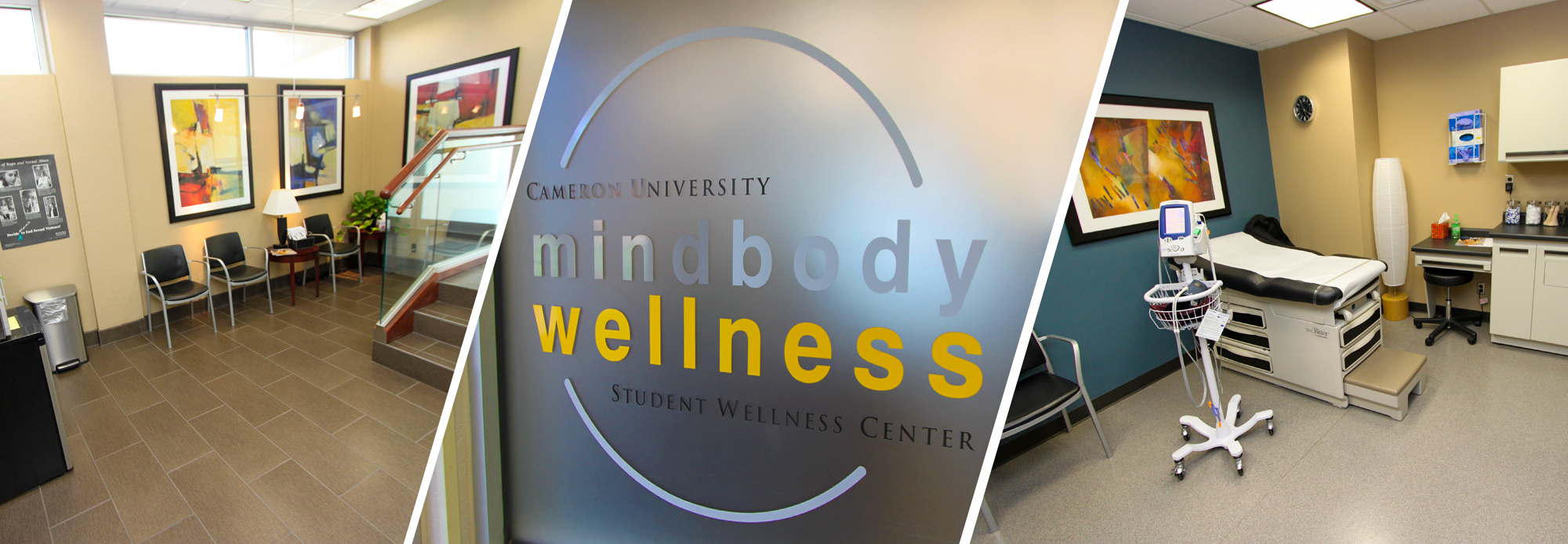Gambling
Definition
Compulsive gambling, also called gambling disorder, is the uncontrollable urge to keep gambling despite the toll it takes on your life. Gambling means that you're willing to risk something you value in the hope of getting something of even greater value.
Gambling can stimulate the brain's reward system much like drugs and alcohol can and lead to addiction. With compulsive gambling, you may continually chase bets, hide your behavior, deplete savings, accumulate debt, or even resort to theft or fraud to support your addiction.
Compulsive gambling is a serious condition that can destroy lives. Although treating compulsive gambling can be challenging, many compulsive gamblers have found help through professional treatment.
compulsive gambler? How can you tell?
Signs and Symptoms
Gaining a thrill from taking big gambling risks Taking increasingly bigger gambling risks Preoccupation with gambling Reliving past gambling experiences Gambling as a way to escape problems or feelings of helplessness, guilt or depression Taking time from work or family life to gamble Concealing or lying about gambling Feeling guilt or remorse after gambling Borrowing money or stealing to gamble Failed efforts to cut back on gamblingWhen to see a mental health counselor
Have family members, friends or co-workers expressed concern about your gambling? If so, listen to their worries. Because denial is almost always a characteristic of compulsive or addictive behavior, it may be difficult for you to recognize that you have a problem.
complications
Compulsive gambling can have profound and long-lasting consequences for your life, such as:
Relationship problems Financial problems including bankruptcy Legal problems or imprisonment Job loss or professional stigma Associated alcohol or drug abuse Poor general health Mental health disorders such as depression Suicidepreventions
There's no proven way to prevent a gambling problem from occurring or recurring. If you have risk factors for compulsive gambling, it may be helpful to avoid gambling in any form, people who gamble and places where gambling occurs. Get treatment at the earliest sign of a problem to help prevent a gambling disorder from becoming worse.
Visit our Community Resources tab for more information or call the Student Wellness Center for assistance.

